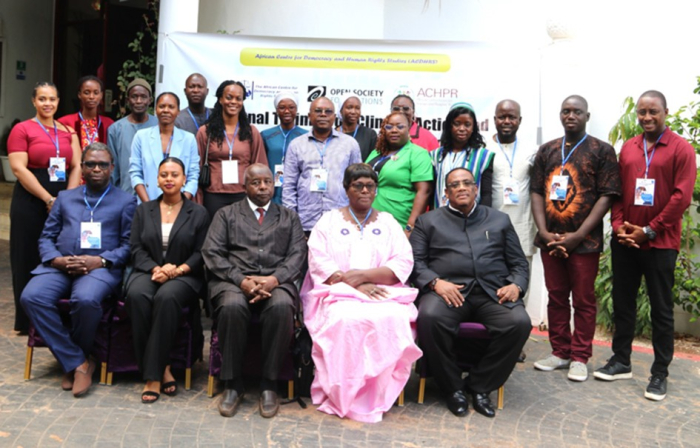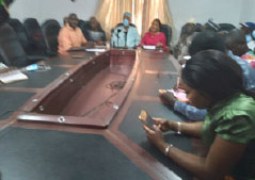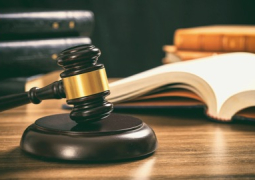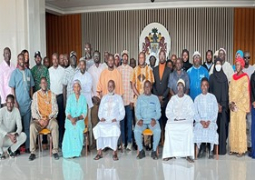
The three-day workshop brings together defenders from across West Africa to build their capacity to confront climate challenges through a human rights-based lens.
The opening ceremony welcomed a diverse gathering of civil society leaders, government representatives, and international partners. Facilitators emphasised the urgency of integrating environmental justice into human rights advocacy, especially in the context of shrinking global resources and weakening international commitments.
Mr. Edmund Foley, one of the lead facilitators, called on participants to become catalysts for change. “We may be a small group, but our work is critical. This is a space for shared learning, where we hope you leave more empowered and equipped to engage with the African human rights system,” he said.
Dr. Nana Busia Jr. re-echoed this, noting the region’s unique legal advantage under Article 24 of the African Charter, which makes environmental rights justiciable. He urged defenders to move beyond advocacy to actions grounded in legal obligations. “The world faces weakening normative leadership and funding shortages. That makes our engagement more crucial than ever.”
Mrs. Hannah Forster, executive director of ACDHRS, outlined the training’s three thematic pillars: gender-based and sexual violence, environmental human rights, and natural resource governance. She emphasised the importance of aligning grassroots work with the mechanisms of the African Commission on Human and Peoples’ Rights.
Speaking on behalf of the Commission, Meron Eshetu Birhanu delivered remarks from Commissioner Janet Sallah-Njie. She underscored the strategic role of defenders in ensuring justice and reparations especially in light of the African Union’s 2025 theme and the recent adoption of the AU Convention on the Elimination of Violence Against Women and Girls.
Prof. Mabassa Fall, vice chair of the ACDHRS Governing Council, made an impassioned appeal, urging participants to recognise the existential threat posed by climate change. “Our planet is burning. This is not alarmism, it’s a reality. We must treat environmental destruction as a crime against humanity,” he warned.
He said throughout the training, participants would explore practical tools, including how to gain Observer Status, file shadow reports, and utilise regional instruments such as the Maputo Protocol and the new AU Convention.
The sessions aim to position activists as key players in shaping policy and demanding accountability across Africa.





